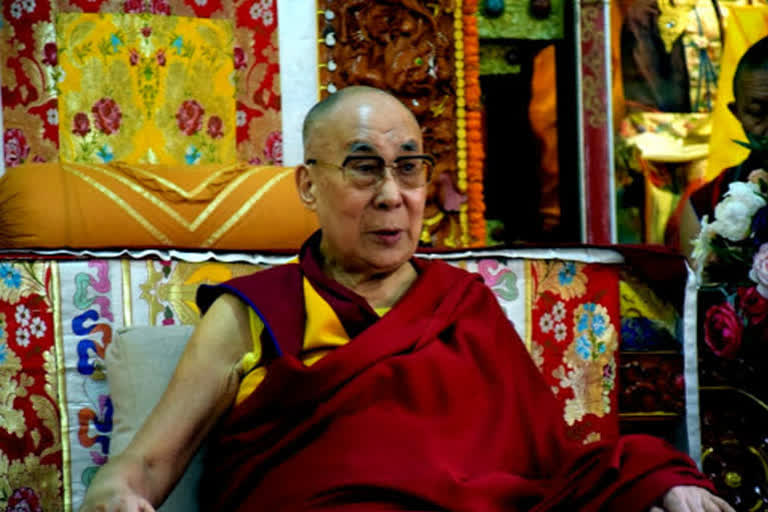Washington: Needling China, the US Congress has passed a bill that reaffirms the right of Tibetans to choose a successor to their spiritual leader and expands the role of a special diplomat on Tibetan issues to pursue international coalitions to ensure that the next Dalai Lama is appointed solely by the Tibetan Buddhist community.
The Tibetan Policy and Support Act of 2020, which was passed on late Monday as part of a massive USD 2.3 trillion package for the year-end bill to provide long-delayed coronavirus relief and fund the federal government, modifies and reauthorises various programs and provisions related to Tibet.
It authorises assistance to non-governmental organisations in support of Tibetan communities in Tibet; places restrictions on new Chinese consulates in the United States until a US consulate has been established in Lhasa, Tibet. The bill reauthorises the Office of the US Special Coordinator for Tibetan Issues and expands the office's duties to include additional tasks, such as pursuing international coalitions to ensure that the next Dalai Lama is appointed solely by the Tibetan Buddhist faith community.
The bill directs the Secretary of State not to open a new Chinese consulate in the US unless China allows the opening of an American consulate in Lhasa. It is the policy of the United States to take all appropriate measures to hold accountable senior officials of the Chinese government or the Chinese Communist Party who directly interfere with the identification and installation of the future Dalai Lama of Tibetan Buddhism, successor to the 14th Dalai Lama.
Some of the prominent measures approved by Congress includes imposing sanctions on Chinese officials including travel restrictions. Expressing concern over the exploitation of natural resources of Tibet, in particular water, the bill seeks to pursue collaborative efforts with Chinese and international scientific institutions to monitor the environment on the Tibetan Plateau, including glacial retreat, temperature rise, and carbon levels, in order to promote a greater understanding of the effects on permafrost, river flows, grasslands and desertification, and the monsoon cycle.
Noting that the 14th Dalai Lama advocates the Middle Way Approach, which seeks genuine autonomy for the six million Tibetans in Tibet, the bill says that the Dalai Lama has overseen a process of democratization within the Tibetan polity and devolved his political responsibilities to the elected 23 representatives of the Tibetan people in exile in 2011.
